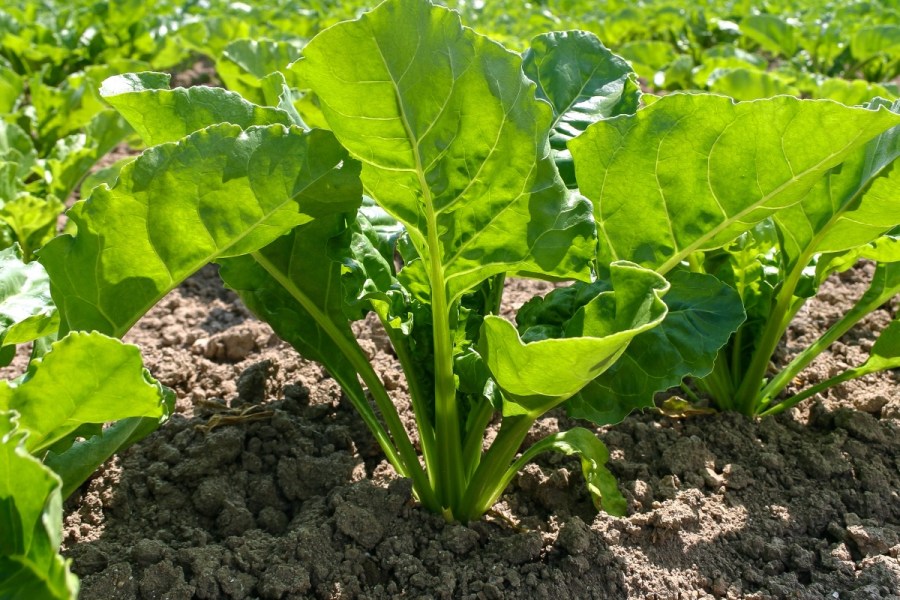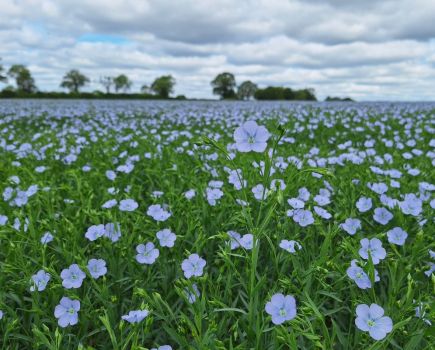Reforms to the UK sugar beet seed model have been announced which should give growers more choice and flexibility while addressing recurring issues with access to seed.
Changes will be made to growers’ contracts from 2025, following feedback regarding the availability of seed, as well as changes to how British Sugar (via the UK Seed Account) markets seed. These changes include:
- Growers and seed breeders will be empowered to buy and sell seed direct, or via third party suppliers, as well as via the existing UK Seed Account operated by British Sugar and overseen by NFU Sugar. This will provide growers with more choice of where and how to buy seed.
- To supply British Sugar, growers will be permitted to grow a wider choice of varieties which is expected to allow earlier uptake of new genetics and increase choice for growers.
- The UK Seed Account – the route through which British Sugar sells seed – will change how it sells seed. It will be sold throughout the year and stocks will be released for sale as they become available, meaning growers can buy their desired seeds when it’s right for them.
- The BBRO, NFU and British Sugar have set in motion changes to the Recommended List trials which will be moving to evaluating finished products, rather than genetics alone. The intention being that the revised recommended list will represent what you actually buy, tested in a way it will actually be grown.
“We’ve listened to feedback from growers about what did and didn’t work for them and believe changes to the model will prevent a rush on buying seed, promote investment from breeders, and reduce the risk of substitutions,” says Andrew Fletcher, joint seed lead on the NFU Sugar board.
“This will ensure that we’re able to continue to produce sugar beet for the nation sustainably and efficiently.”
Nick Morris, head of agriculture – supply chain at British Sugar, adds that British Sugar is delighted to have worked on these changes with the team at NFU Sugar.
“Sugar beet seed is a fundamental part of our industry and we’re committed to evolving the buying model to meet grower demands, as well as supporting continued investment in seed breeding and seed technology. This will mean we can continue to adapt to emerging threats and performance opportunities.
“The transition to using finished products in the BBRO Recommended List trials will further support growers by providing more relatable information for purchasing decisions on seed,” he concludes.




